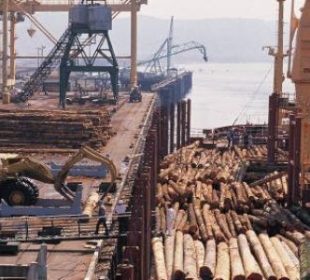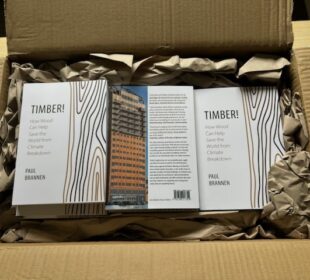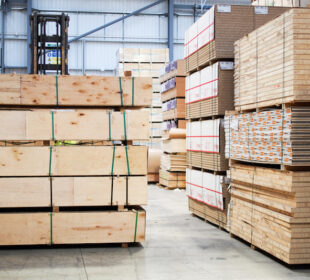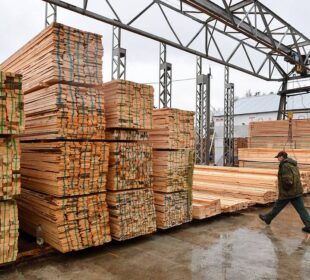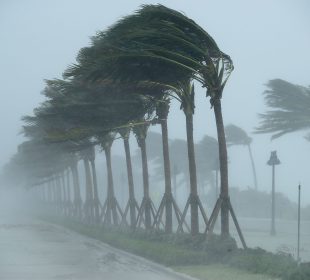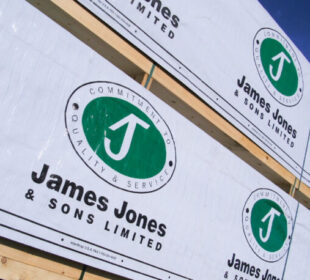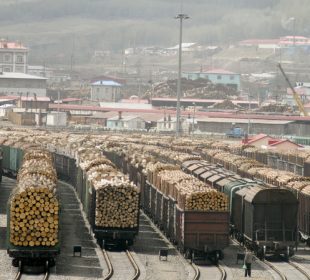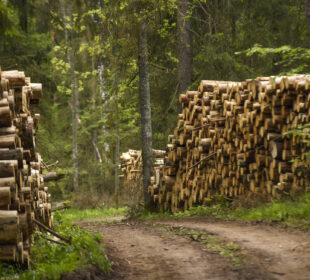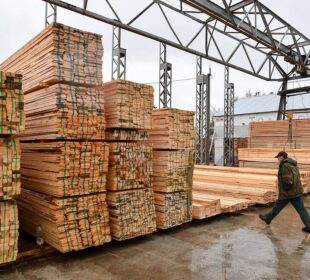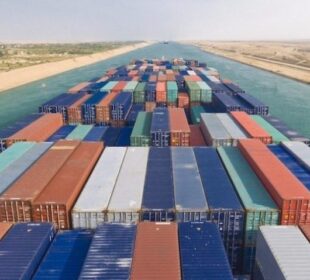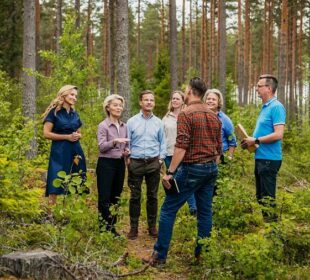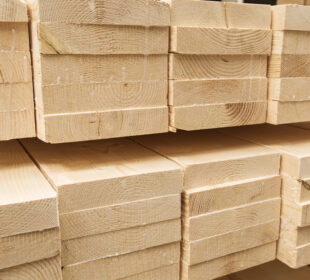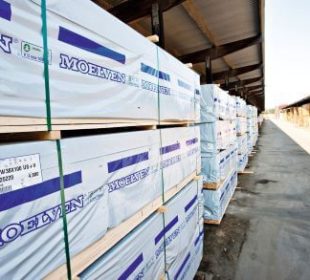The Myanmar government has recently taken another step to join a EU-led agreement to combat illegal logging and forest management. The measure will help ease timber exports to the European market.
According to Myanmar Times, various stakeholders, from all states and regions, have established an executive committee that will negotiate to be part of the EU-led Forest Law, Enforcement, Governance and Trade, Voluntary Partnership Agreement (FLEGT-VPA).
The FLEGT-VPA facility helps members to combat illegal logging and strength forest governance while encouraging sustainable economic development in countries that produce or process timber and export to the EU, according to the EUFLEGT website.
The executive committee is expected to be formed by latest next January, as Ko Zaw Thura, from the Union Interim Working Group, announced.
“Private businessmen are nearly ready and the government is also ready. If we manage to finish, the three-party committees will be ready by December or next January,” said Ko Zaw Thura.
In March 2014, the EU agreed to Myanmar’s invitation to officially partake in the FLEGT-VPA preparation phase. In January of the following year, an inception workshop on EU-Myanmar FLEGT-VPA preparation phase was held in Mandalay city.
The benefits of the FLEGT-VPA are threefold – it defines a framework to guarantee the authenticity of timber, allows for better cooperation by developing tracking system for timber trade, and improves forestry management, Myanmar Times reported.
“The main thing is that we need to further educate the citizens. We deal with resource sharing, so it’s also intertwined with peace process. Indeed, the majority of trees and forests are located within borders and ethnic regions. Their cooperation is essential,” added Ko Zaw Thura.
Yet, there is a need for an insurance system to certify legal timbers, between the EU and Myanmar to become trade partners in the sector. Such a mechanism needs nearly two years to be developed.
“If we create an insurance system, then we can engage trade not only with the EU but also with other nations. To ensure that the timber is legal, many points need to be discussed, Such as land use. Is home-grown timber legal or not? We also have to discuss license fees,” added Ko Zaw Thura.
“It took Indonesia 10 years to get the official license. Their model is the best. They keep their people informed. People can also investigate and report on the matter. There is a right to sell timber even at district level,” he said.
Currently, Myanmar prohibits timber production across the country since the 2015-2016 financial years, albeit in Kyunhla township, Sagaing Region. Local people’s understanding of legal timber production is paramount and so is the government’s systematic verification of timber, according to Myanmar Times.
The forest coverage in Myanmar decreased from 61% in 1975 to 47% in 2010, at a depletion rate of 0.5% per year on average. Illegal timber production and related activities are much to blame.


